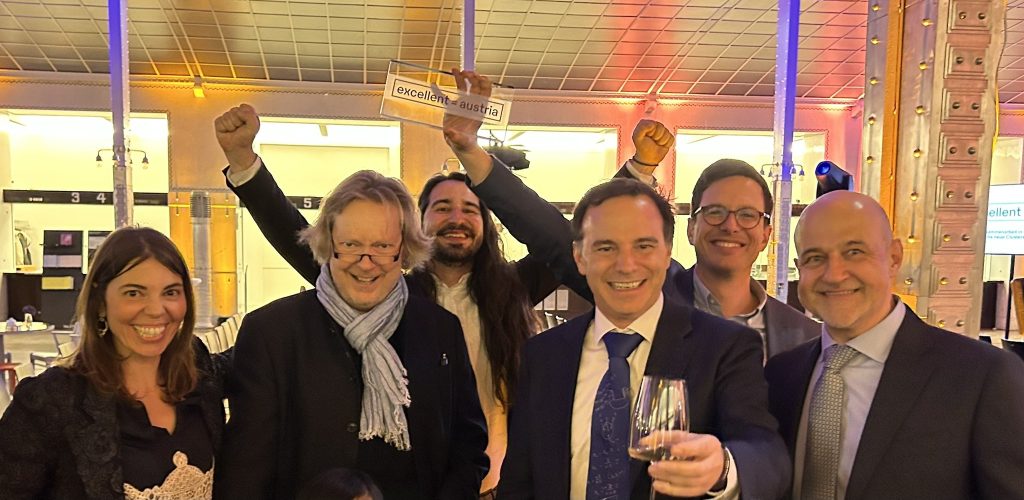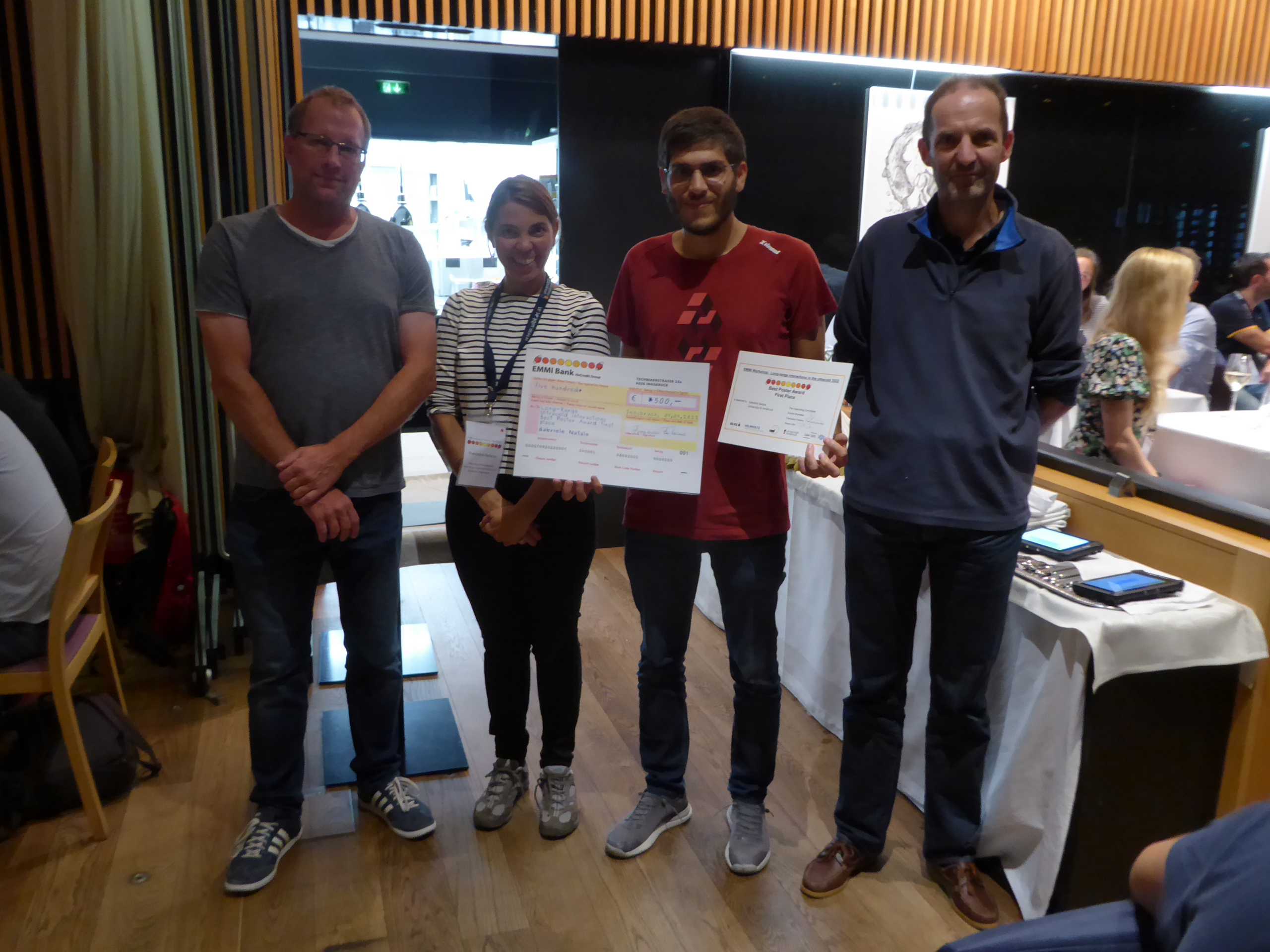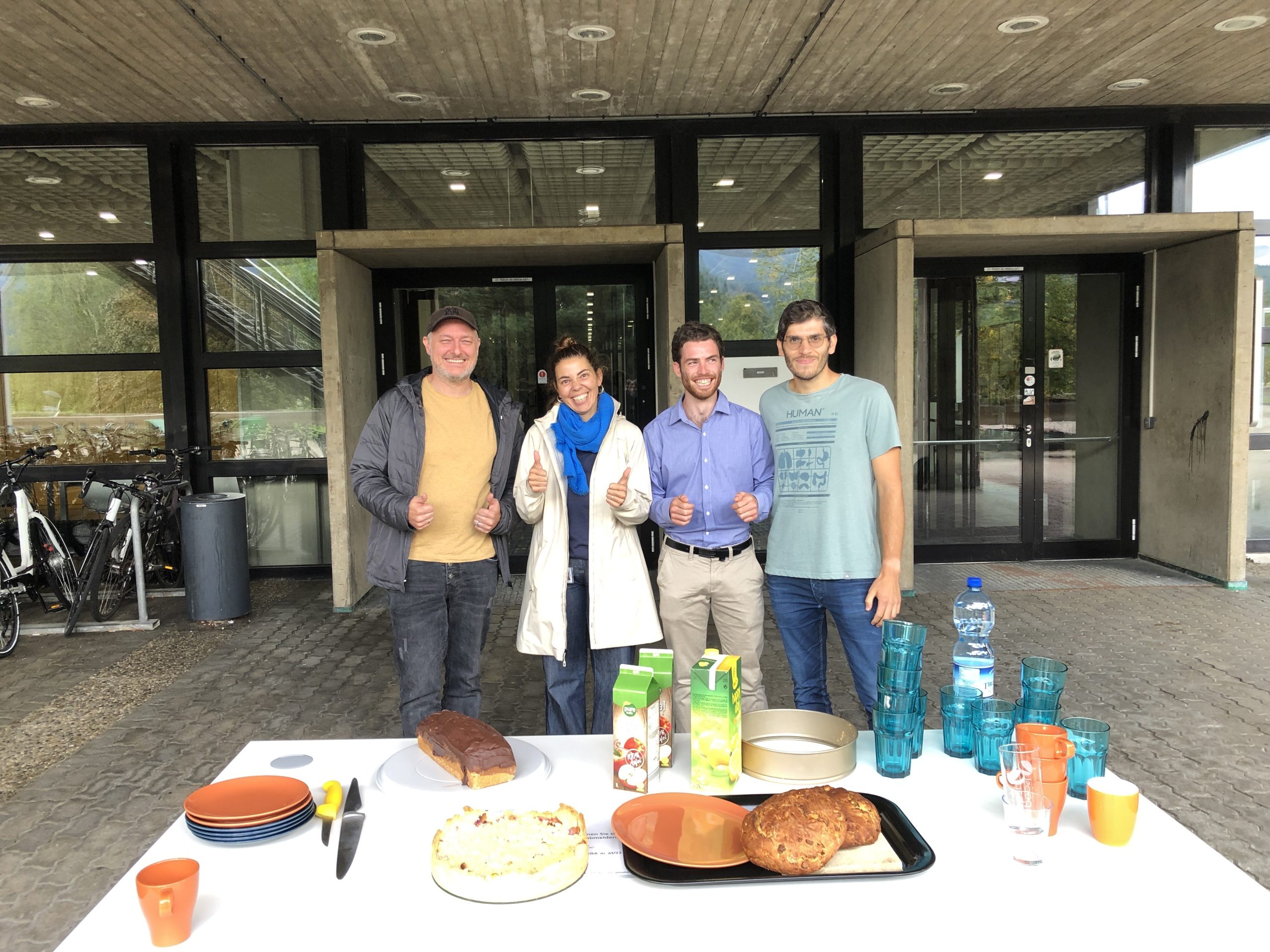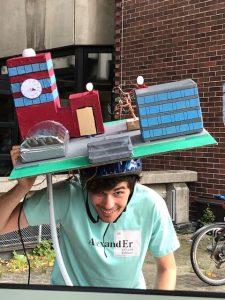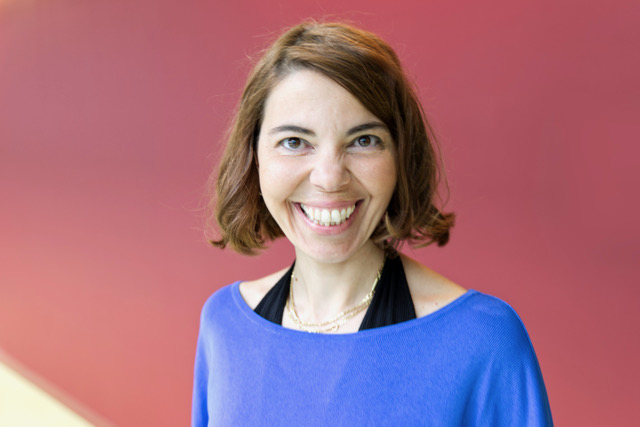Quantum Science Austria
University of Innsbruck, University of Vienna, Vienna University of Technology, University of Linz, IST Austria, Austrian Academy of Sciences
The Second Quantum Revolution – the breathtaking development of modern quantum science – would not have been conceivable without the pioneering contributions from Austria. Based on them, quantum technologies are being developed today that surpass classical technologies in many areas. The Cluster of Excellence Quantum Science Austria, which has now been approved by the Austrian Science Fund FWF, is advancing basic research in the quantum sciences, aims to expand the frontiers of knowledge and thus be the engine for future innovations. The focus is on fundamental questions regarding the quantum nature of space, time and gravity, new paradigms in quantum information science and the physics of quantum many-body systems. The scientists* in Innsbruck, Vienna, Linz and Klosterneuburg are asking innovative fundamental questions that can only be solved by combining the unique know-how available in Austria. With well-controlled model systems based on trapped ions, ultracold atoms, long-range interaction systems, photonic systems, superconducting quantum circuits, and nanoscopic solid-state systems, they aim to unravel the most challenging puzzles of the quantum world.

